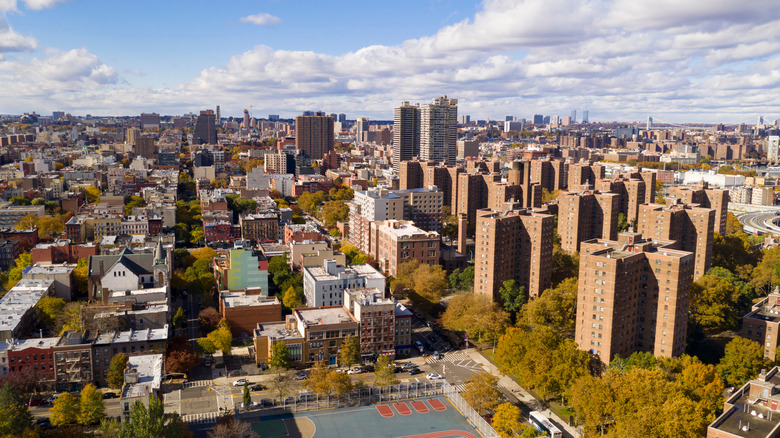Are Affordable Housing Lotteries Worth It? Or Are They Just A Waste Of Time
Finding the perfect apartment can feel like hitting the jackpot, until you realize the actual gamble is whether your income, credit scores, eviction history, and rental application can beat the odds of getting you off a lengthy waiting list. As rent prices continue to outpace inflation, you may have heard about entering an affordable housing lottery to secure below-market rent or even subsidized home ownership. A downstream result of affordable housing development initiatives funded by federal programs like the Low-Income Housing Tax Credit (LIHTC), housing lotteries are typically found in larger urban markets like New York City, San Francisco, and Chicago. Despite the long odds and wait times, affordable housing lotteries are one of the few equitable ways to secure stable housing in high-cost areas, a prize that can drastically change your financial future.
Affordable housing lotteries are exactly what they sound like: a chance at rent you can actually afford. Relying on random selection from a pool of online applicants, municipalities use them when demand far exceeds supply for income-restricted units. Applications typically must meet income, household-size, and, sometimes, preference criteria requirements. For example, veterans, local workers, or displaced tenants may move up in line. Victims of domestic violence and unhoused individuals are also prioritized. Instead of a first-come, first-served model, lotteries are designed to fairly allocate scarce, below-market homes financed by public dollars or tied to development requirements without arbitrary gatekeeping. Most lotteries are geared toward low- and moderate-income earners who make too much to qualify for traditional subsidies but too little to afford market rates. For anyone stuck between rising costs and little availability, they can offer a way into affordable housing.
Winning an affordable housing lottery can be life-changing but requires patience
Unlike a cheap scratch-off ticket, the stakes are high when entering an affordable housing lottery. Winners often find themselves in professionally-managed or newly-built buildings with realistic rents based on income. Although there are plans to make NYC a more affordable city to live in, the current reality for the Big Apple and other metropolitan cities is that only half of America's tenants can afford their rent. That makes the stability promised by affordable housing lotteries a potentially life-changing shift for many households, freeing up money for education, debt repayment, or savings. Affordable housing also secures low-income people in communities with growing tax bases, which can improve their overall quality of life thanks to better schools, transportation, and recreation opportunities.
Still, the system isn't perfect. According to Shelterforce, only one in four families ever wins. The odds are notoriously slim, especially in cities like Houston, which instituted a randomized lottery selection for its now-closed waitlist of over 30,000 people. Even after winning, the process can drag on for months while applicants verify documents or wait for new building construction to wrap up. Strict eligibility requirements can also disqualify struggling working-class families who spend most of their paycheck on rent but make too much to enter. And lotteries won't fix the issues causing the current housing crisis. Nevertheless, for thousands of renters, winning an affordable housing lottery is like finding a golden ticket. The trick is to meet all eligibility requirements, stay patient and persistent throughout the application process, and keep a close eye out for new listings so you never miss your next shot.

